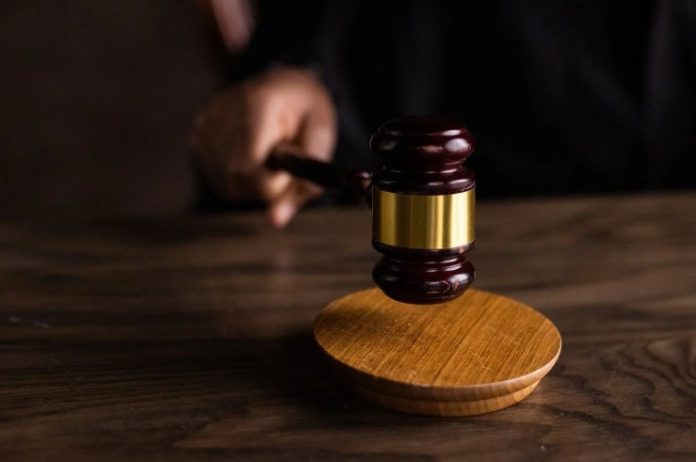The judges from the High Court of Cassation and Justice on Friday decided that the indictment from the „Revolution” file, in which the former president Ion Iliescu is accused, contains irregularities, and decided to send the file to the Military Prosecutor’s Office for re-investigation.
On June 14, another panel from the Supreme Court found there were problems with the indictment and gave the Prosecutor’s Office a deadline to correct the respective irregularities.
Since the Prosecutor’s Office did not comply, the Supreme Court decided on Friday to return the file to the prosecutors.
On October 25, 2023, at the trial court – Bucharest Court of Appeal – it was decided to start the trial on the merits in the ‘Revolution’ file, in which Ion Iliescu, former deputy prime minister Gelu Voican Voiculescu and Iosif Rus, former head of the Military Aviation, are accused of committing crimes against humanity. The court found then that the indictment drawn up by the military prosecutors was legal.
The accused contested the decision at the High Court of Cassation and Justice, the file being assigned in December 2023 to a panel consisting of two judges. The two judges did not manage to agree on a solution, having divergent opinions. As a result, the case was resumed as Lia Savonea joined the panel, and after a month of debates, the magistrates decided that there were, indeed, problems with the indictment.
Before reaching the Bucharest Court of Appeal, the Revolution file wandered over four years between the courts and the Bucharest Prosecutor’s Office on procedural grounds.
Initially, Ion Iliescu had been sent to trial by the Military Prosecutor’s Office in April 2019, but the file was returned to the prosecutors two years later by the ICCJ judges, citing the existence of irregularities in the indictment.
According to the indictment, Ion Iliescu, as head of state and government, president of the CFSN (National Salvation Front Council) and the Superior Military Council, with the intention of obtaining popular legitimacy, maintaining and consolidating the political power held since December 22, 1989, constantly, repeatedly, systematically misled public opinion through his televised appearances and issuing communiques (mechanism for exercising state power) and undertook, between December 22 and 30, 1989, the systematic operation of misleading the public opinion with the help of the military leadership from the Ministry of National Defence.
These facts had as consequences the generation and amplification of the generalized psychosis of terrorism, psychosis that causing numerous situations of civil conflicts and, thus, between December 22 and 30, 1989, there were 857 deaths, 2,382 injured people, 585 people imprisoned in violation of the general rules of international law and 409 cases of great suffering.
Also, the same acts of Ion Iliescu generated, for the interval of December 22, 4.00 pm – December 30, 1989, a state of imminent and serious danger for the existence of a significant part of the civilian population on the entire territory of Romania, the prosecutors claim.
The Romanian Revolution of December 1989 was characterized by a sequence of justified popular protests, demands of a social and political nature, street fights, mass demonstrations, violent armed repressions, which began in Timisoara on December 16, 1989, then continued in Bucharest and other Romanian cities starting from the afternoon of December 21, 1989, culminating with the departure of the former presidential couple Nicolae Ceausescu and Elena Ceausescu from the headquarters of the Central Committee of the Romanian Communist Party (CC of PCR), on December 22, 1989, a moment which meant the loss of the prerogatives of state power by them and the end of the communist dictatorship in our country.
However, the Prosecutor’s Office specifies that, starting from the afternoon of December 22, 1989, a large, systematic and particularly complex military action of misleading, unique in national history, was deliberately triggered on the entire territory of Romania, causing a very large number of deaths, personal injuries, mental suffering, serious deprivations of freedom.
AGERPRES




